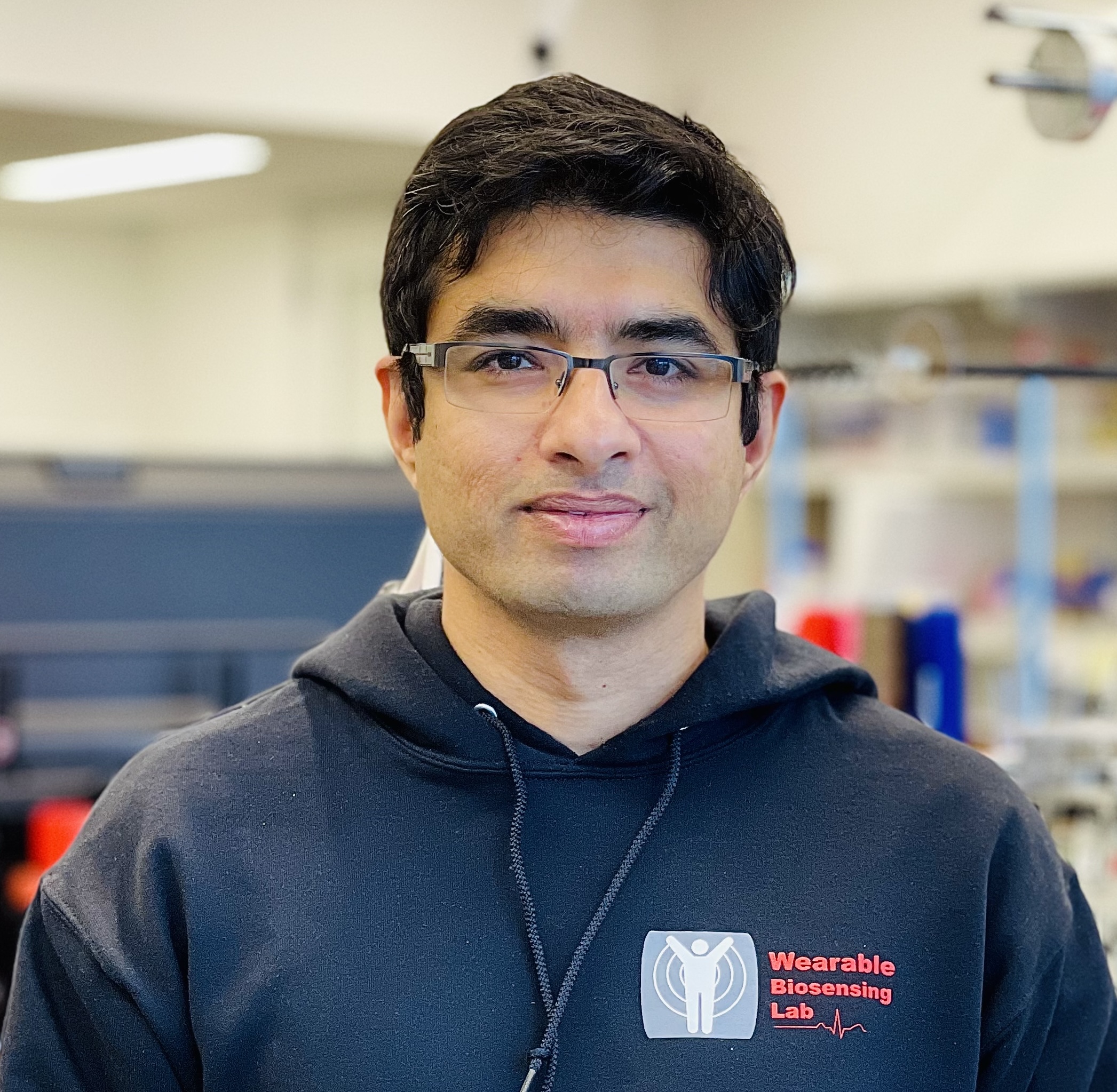Abstract
This CAREER project aims to translate the smart electronic textile (e-textile) technologies to fill the need for telemedicine. For example, there are around 10 million individuals across the globe who live with Parkinson's disease. They are majorly elderly patients who experience tremors, rigidity, slowness of movement, and difficulties in walking and driving. Despite their disabling condition, they need to make periodic visits to clinics for progressive checks and interventions. The project specifically targets improving treatments for patients with deep brain stimulation (DBS) implants because specialized neurologists find DBS treatments very complex and time consuming. It is very important for the doctors to personalize the electrical stimulations for each and every patient. The proposed research establishes an intelligent infrastructure in patients' homes so that patients, without visiting clinics, could independently perform a medical screening consisting of movement exercises such as finger tapping, hand flipping, toe tapping, and foot stomping. Moreover, the system builds upon modern internet-of-things technologies to keep neurologists in the loop to execute telemedicine interventions.
The project will result into an in-home, wearable internet-of-things hub (referred to as "IoT-Hub") consisting of smart e-textiles such as e-gloves, e-socks, and companion computing devices for data analytics, storage, and communications to the cloud servers of hospitals. IoT Hub will have unique features to translate the medical care from hospitals to homes: 1) the measurements of movement symptoms with a medical-grade precision through sensors woven into e-gloves and e-socks, 2) the patient-friendly interface driven by intelligent close-loop algorithms running on tablet computers, and 3) clinical data analytics for neurologists to make data-driven informed decision on DBS treatments. The proposed IoT-Hub closes the knowledge gap between the areas of IoT, healthcare, smart textiles, and patient-centered design - all of which require interdisciplinary scientific discoveries and innovations.
This project will have a potentially profound impact on the growing number of elderly patients living with Parkinson's disease or other neurological conditions. Intelligent algorithms for wearable embedded systems, e-textile designs and circuits, and de-identified telemedicine data will be broadly disseminated to the scientific community. The PI has developed a unique IoT curriculum at URI that involves a series of design-centered activities; an IoT hack-a-thon for entrepreneurial thinking; and awearable IoT course for university students to learn innovating personalized health and wellness solutions; and wearable engineering program to engage high school students in hands-on engineering activities.
Kunal Mankodiya
Dr. Kunal Mankodiya is a Professor of Biomedical Engineering at the University of Rhode Island and Director of the Wearable Biosensing Lab (WBL). His research focuses on developing wearable and health technologies to monitor the brain, body, and behavior. WBL conducts transformative research with support from federal agencies like NSF and NIH, state funding from RI Commerce, and foundation grants. A notable example of his work is the development of a smart glove system for Parkinson’s disease assessment, funded by the prestigious NSF CAREER and PFI-TT Awards. He is currently expanding this research internationally, collaborating with partners in India to advance Smart Glove technologies. To date, he has mentored 18 graduate students, 3 postdocs, and published over 115 research papers.
As a prior co-founder and now scientific advisor for WellAware, a Rhode Island-based digital health startup, Dr. Mankodiya is passionate about bridging clinical needs with innovation. Through programs like HealthHacks and the Symposium on Smart Health & Wearables, he inspires the next generation to pursue med-tech innovation and entrepreneurship, advancing personalized medicine and accessible healthcare globally. Born in India, Dr. Mankodiya brings a global perspective, with an MS and PhD from Uni-Luebeck, Germany, and postdoctoral research at Carnegie Mellon University, USA.
Performance Period: 06/01/2017 - 05/31/2022
Institution: University of Rhode Island
Sponsor: National Science Foundation
Award Number: 1652538
